Methodology
Colegio Legamar is aware of the challenges faced by education nowadays. Traditional education, the kind that is limited to the transmission of knowledge, is no longer good enough. The reality in which we live is becoming more complex, constantly changing, where geographical borders are disappearing and where knowledge is proliferating exponentially. In this context, it is our priority to provide students with the values, skills, knowledge and insight that will help them achieve their full potential and reach their goals successfully. For this reason, Legamar has defined its methodology with the aim of creating future citizens with a critical mind, creativity and the ability to adapt to change.
The methodological principles that govern the school are:
- The school understands that the teacher is a facilitator of the student’s learning.
- The school fosters and promotes connected and contextual learning.
- The school encourages the positive use of ICT and applies other active learning strategies: Service-Learning, Flipped Classroom, PBL, Design Thinking, Cooperative Learning as essential tools in today’s school context.
- The school promotes learning through projects, believing that students are proactive and in charge of their own learning.
- The school encourages environmental awareness and solidarity, which becomes legitimised as service-learning, seeking practical knowledge that makes the student the main agent in their own learning.
